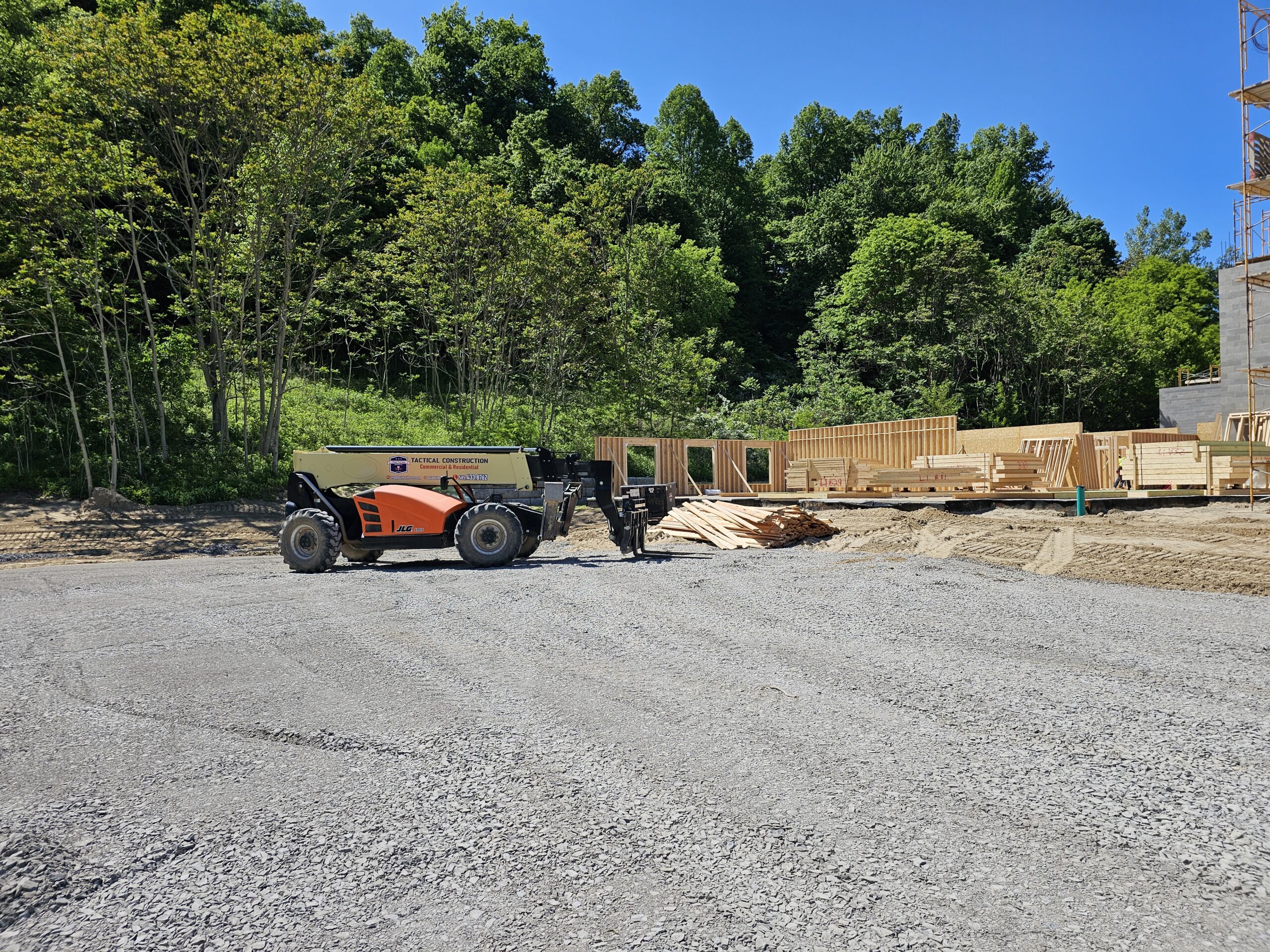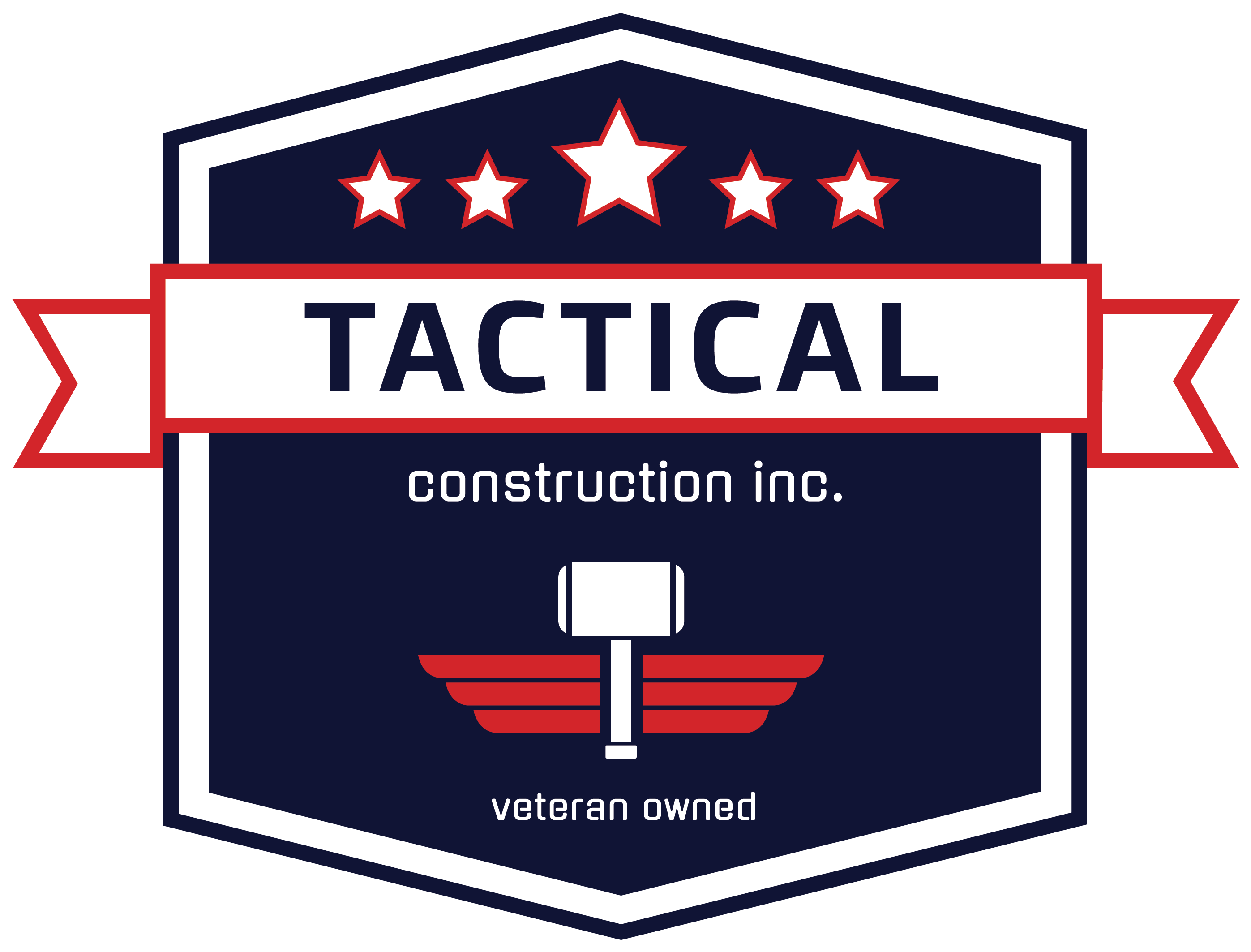Logistics Management in Commercial Construction
Efficient logistics management is crucial for the success of any commercial construction project. From site access to material delivery and equipment utilization, effective coordination ensures smooth operations and timely completion. Let’s dive into how logistics management plays a pivotal role in optimizing project efficiency and minimizing disruptions.

Site Logistics Planning
Developing a Detailed Plan: The foundation of effective logistics management begins with a comprehensive logistics plan. This plan addresses critical aspects such as site access, material delivery, and storage. By considering factors like traffic patterns, safety protocols, and space constraints, construction teams can minimize disruptions and streamline operations.
Optimizing Site Layout: A well-designed site layout maximizes efficiency and safety. Strategic placement of storage areas, loading zones, and access routes minimizes the need for unnecessary movement of materials and equipment, reducing the risk of accidents and delays.
Supply Chain Coordination
Close Collaboration with Suppliers: Seamless coordination with suppliers is essential for ensuring timely delivery of materials. By establishing clear communication channels and setting realistic expectations, construction teams can mitigate the risk of delays and keep the project on schedule.
Anticipating and Managing Delays: Despite meticulous planning, delays in material delivery can still occur. Construction teams must anticipate potential delays and have contingency plans in place. Just-in-time delivery systems can help minimize on-site storage needs, reduce waste, and optimize inventory management.
Equipment Utilization
Optimizing Equipment Usage: Construction equipment is a significant investment, and optimizing its usage is paramount for maximizing productivity. Regular maintenance schedules and proper usage protocols ensure that equipment operates at peak efficiency, reducing downtime and costly repairs.
Ensuring Safety and Compliance: Proper equipment maintenance not only enhances productivity but also ensures safety compliance. Regular inspections and adherence to safety protocols mitigate the risk of accidents and injuries, creating a safer work environment for construction crews.
Effective logistics management is the backbone of successful commercial construction projects. By developing detailed logistics plans, coordinating closely with suppliers, and optimizing equipment utilization, construction teams can enhance efficiency, minimize disruptions, and deliver projects on time and within budget. As the industry continues to evolve, investing in robust logistics management practices will remain essential for driving project success and maintaining a competitive edge. Let’s navigate the complexities of construction logistics together and build a brighter future for commercial construction projects!
